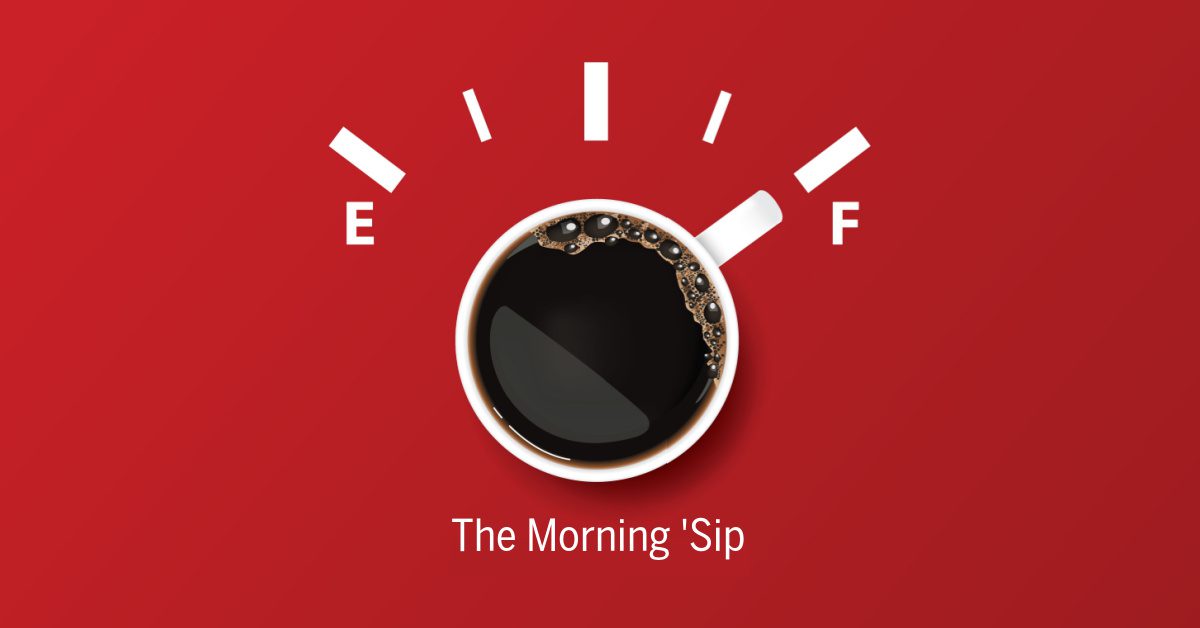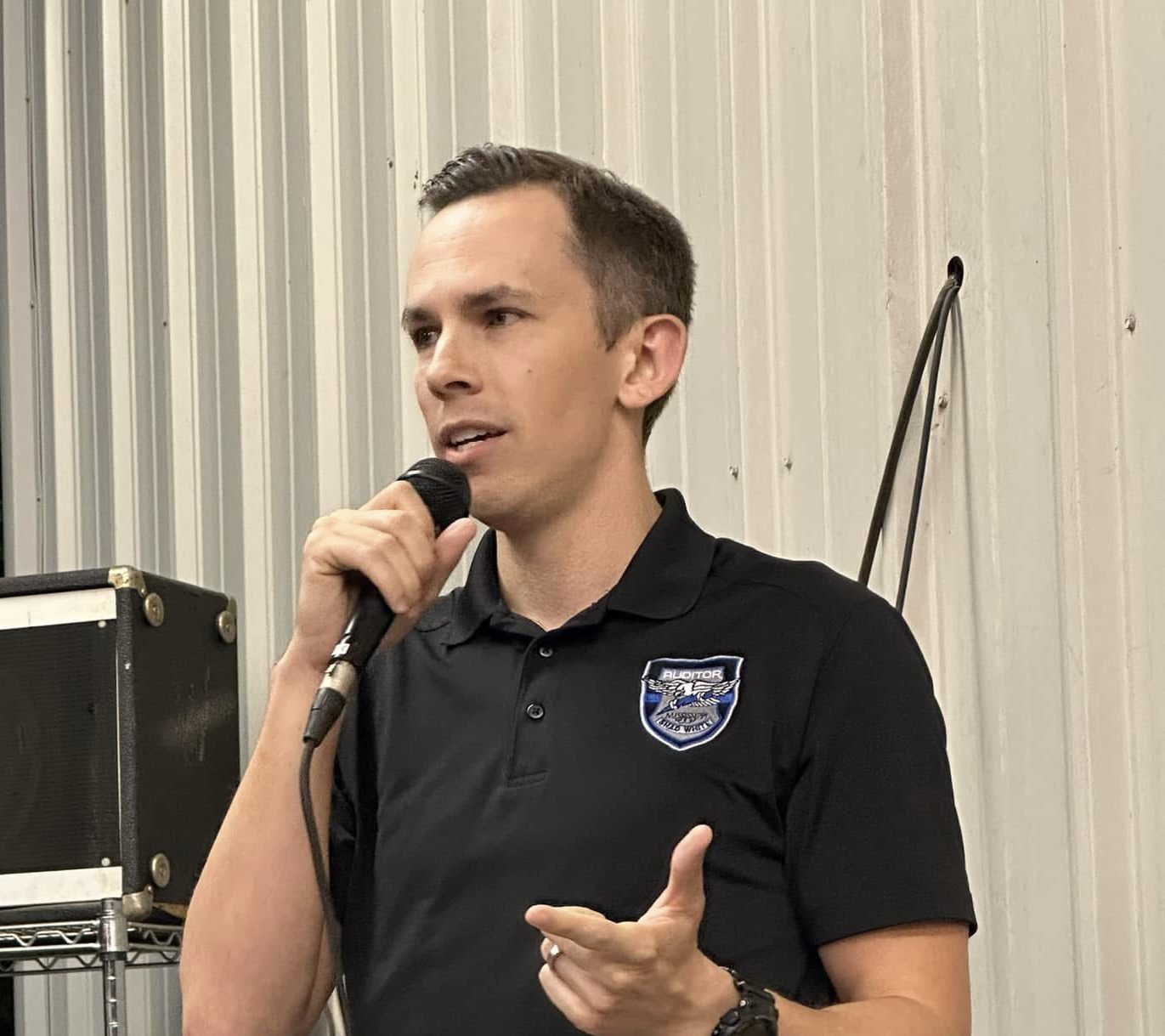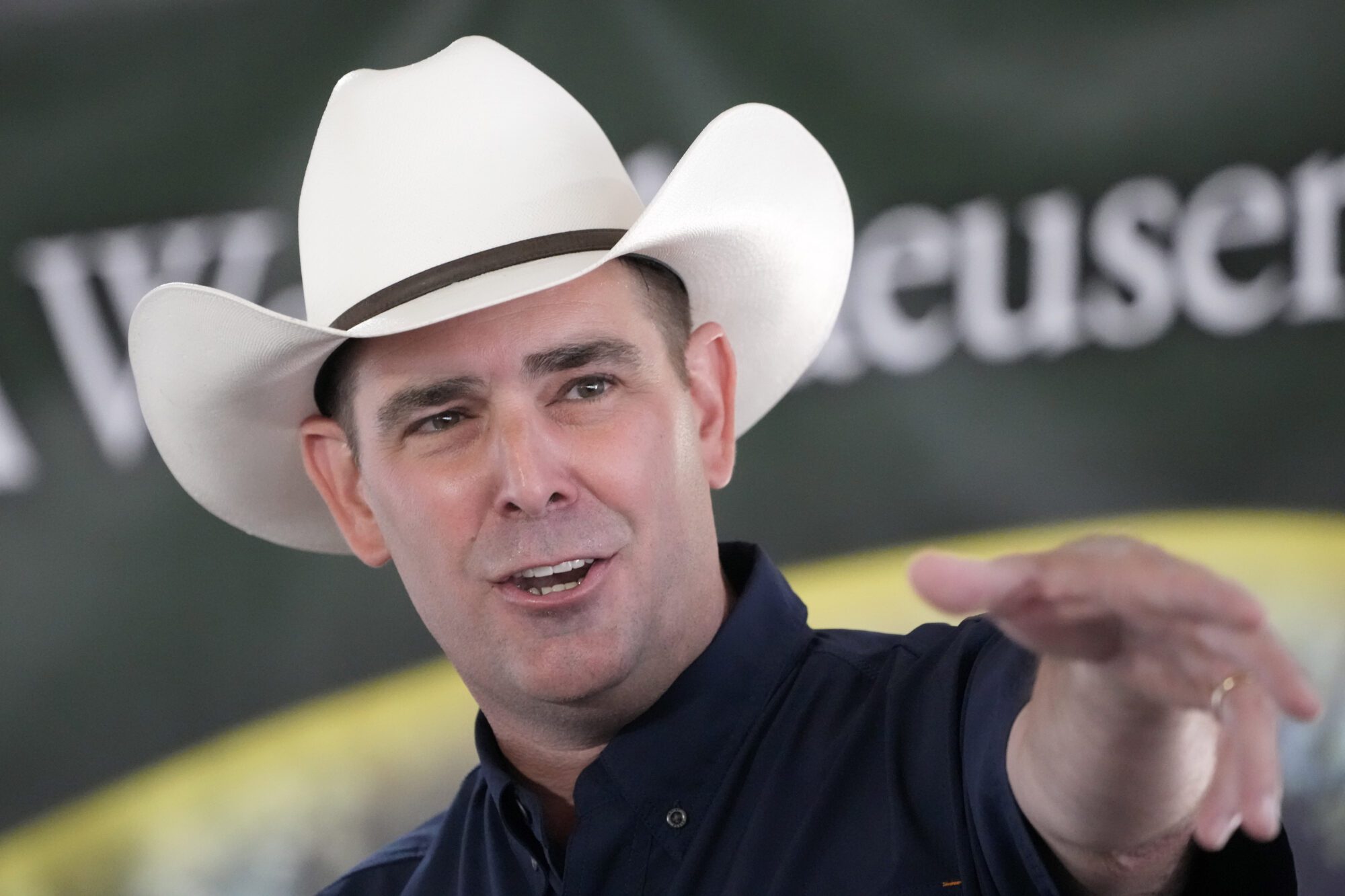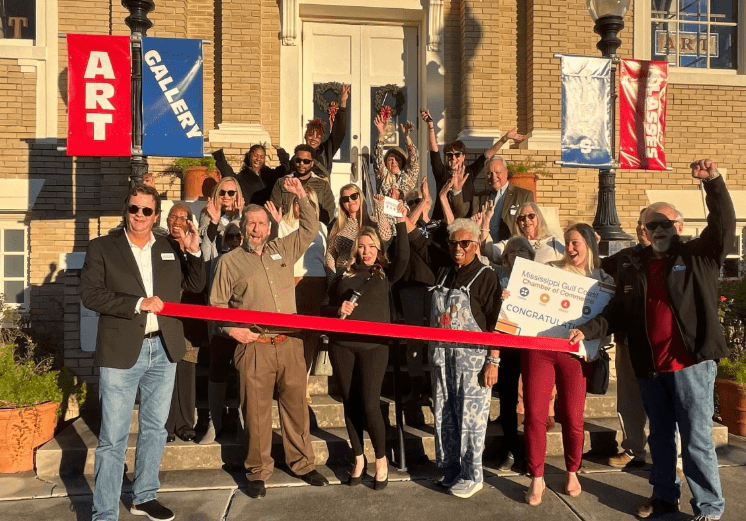
The Morning ‘Sip is a rundown of the latest stories from across Mississippi and beyond. So grab a cup of coffee, sink back in your chair, and take a trip through the events that got our attention this week.
One Poll, Two Poll. Red Poll, Blue Poll.
This week, Mississippi Today rolled out two sets of poll questions. The series was done in conjunction with Siena College and the questions unveiled to date relate to Medicaid expansion, and the 2023 race for Mississippi governor.
A few thoughts, starting with this: the timing of this polling was very interesting. On January 12th, Mississippi Today scooped the story that Brandon Presley was running for governor before the formal announcement. Between January 8th and January 12th, they conducted the polling that pitted Presley, as the Democratic nominee, against sitting Gov. Tate Reeves. In other words, the polling of Presley’s candidacy also preceded the announcement of his candidacy; an announcement made first by Mississippi Today on the final day of their polling.
Setting aside the happy coincidence, Mississippi Today used its polling to suggest that people want to replace Tate Reeves and 80 percent of our population supports Medicaid expansion. There are two types of polls—those meant to gain understanding and those meant to persuade the public. Having commissioned a fair number of polls in both categories, I would put this polling in the latter camp.
Any time a poll question on a controversial topic yields results of 80 percent, it should be viewed with suspicion. Those are the kind of numbers with which Vladimir Putin “wins” elections. In the context of polling, results like that are generally associated with message testing, where the question is purposefully framed to elicit a response the pollster wants.
A straight question on Medicaid expansion might have read, “Do you support or oppose Medicaid expansion?” The question highlighted in Mississippi Today’s coverage was:
Considering health care and hospitals in Mississippi, tell me to what degree you agree or disagree with each of the following statements that some have made: Mississippi should accept federal funds to expand Medicaid—the program that provides health care to low-income families and individuals.
That is message testing that is used for advocacy. The question conditions the respondent to selectively think about the supposed beneficiaries of the policy (e.g. hospitals, low-income families and individuals) and then limits the policy itself to the idea of receiving federal funds, with no mention of state costs or other concerns. It’s the functional equivalent of, on the other side of the coin, asking:
Considering that the U.S. is $31 trillion in debt and the cost of Medicaid programs in Mississippi is already over $6 billion dollars a year, should Mississippi taxpayers agree to expand Obamacare and incur billions more in future liabilities to ensure that able-bodied single individuals have access to Medicaid?
I assure you, that question would elicit a different response than the one asked by Mississippi Today, and its results would duly draw scrutiny if it was presented as an objective read of where voters are on the issue. Unfortunately, that scrutiny appears to be missing in the regurgitation of the poll numbers across many outlets.
The same level of scrutiny might also be warranted with respect to the governor’s race. Mississippi Republican voters had a chance to nominate a pro-Medicaid expansion nominee in 2019, but Bill Waller was beaten by eight points in that contest by, you guessed it, Tate Reeves. Maybe Republican Primary voters have dramatically changed in four years, but I think it is unlikely. It is folly to believe that Republicans will not vote for the Republican nominee and any betting person would bet on that nominee being Reeves.
A couple final notes. While the polling released included some “crosstabs,” it did not include demographic crosstabs that would have allowed for comparison of sample sizes to the current electorate. Over-sampling and under-sampling of specific demographics can have a profound impact on the outcome of polls. As an example, knowing whether the people polled are the people who will decide a Republican Primary would be helpful in assessing the poll. Don Levy, who runs Siena College’s polling operation, has been on record in recent years conceding that their polling underrepresents Republicans, not purposefully, but because Republicans have become less willing to respond to survey questions.
Polling partnerships can also have a profound impact on accuracy. The 538 blog’s pollster ratings show that Siena College was 87 percent accurate in the 2020 cycle when operating independently. When operating in conjunction with the New York Times, Siena College’s accuracy in races went down to 73 percent and according to 538 skewed toward Democrats. Interestingly, 538 ranked the Siena/New York Times partnership higher than Siena operating independently.
Burning it Down
In the wake of Presley’s announcement for governor, former Republican operative Stuart Stevens announced his support for Presley. This endorsement came in close proximity to a new Twitter handle, @gop4presley, which purports to represent Republicans who support the presumptive Democratic nominee. To date, the account has 30 followers, many of which are Democrats and journalists.
Some insiders have mentioned that Presley’s announcement video reminded them of a video Stevens was involved in producing for Haley Barbour when Barbour announced his candidacy for governor in 2003. It’s unclear if Stevens is connected either with the Twitter effort or the Presley campaign rollout.
But his announcement was touted by some as evidence of crossover. That narrative lacks a lot of context. Stevens is a former GOP operative who worked for Haley, Thad Cochran, and Mitt Romney, among others. He is talented. He is also deeply jaded against the modern Republican Party and his disillusionment has been growing since the 2016 election of Donald Trump.
Stevens is a senior adviser to the Lincoln Project, which has aggressively attacked Republicans for their alignment with Trump. In a November 2022 interview on MSNBC, he was questioned about his efforts to fix the Republican Party. Stevens responded, “Just to be clear, at the Lincoln Project, we are not trying to save the Republican Party. We are trying to burn the Republican Party to the ground.”
People reading this may agree with Stevens’ position on Trump or even his goal, but it would be disingenuous to treat his support of Presley as some broad growing support among Republicans for ousting Reeves. His support at this point for Democrats is not some aberration. He is a registered Democrat who has said we would be better off had Bernie Sanders been elected president in 2016.
A Few of My Favorite Things
It was a short week with the observance of Martin Luther King, Jr. Day, but our team still packed in a lot of good reporting, and we had some excellent contributions from folks in the community:
- Reverend CJ Rhodes shared his thoughts on Dr. King and how we often try to squeeze him into a box to fit our own worldview.
- Magnolia Tribune’s dynamic duo in the newsroom, Sarah Ulmer and Anne Summerhays, did some good reporting from the Capitol, covering Lt. Gov. Hosemann’s plans to aid rural hospitals, tweaks to the Medical Cannabis law, rising graduation rates, MDOT’s 3-year project plan, and Sarah’s ongoing “Bill of the Day” series.
- Frank Corder reflected on the life of Dr. Freda Bush following her passing. Dr. Bush had a huge impact on the state of Mississippi and in promoting healthy families.
- Restaurant guru Mike Cashion told us about a donut spot in Ocean Springs, Tatonut, where all of your sweet dreams can come true.











